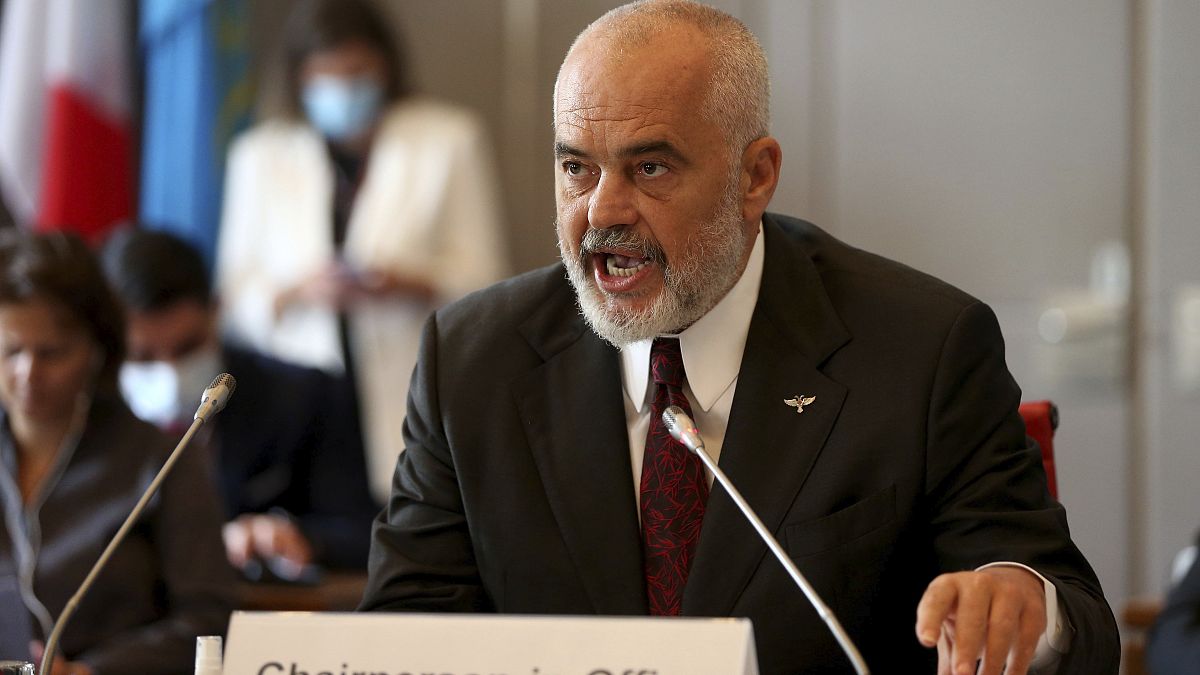“I am proposing that the OSCE becomes a facilitator of the necessary dialogue, to help Belarus out of this situation,” said Edi Rama.
Edi Rama, Albanian PM and chairperson-in-office of the Organisation for Security and Cooperation in Europe (OSCE), said the organisation must help mediate the political crisis in Belarus as soon as possible.
Chaos erupted after a presidential election gave president Alexander Lukashenko a sixth term amid allegations of vote-rigging, violence and mass detentions of protesters in the eastern European country.
Rama's remarks came as he addressed the special meeting of the OSCE permanent council in Vienna on Friday.
“I am proposing that the OSCE becomes a facilitator of the necessary dialogue, to help Belarus out of this situation,” said Rama.
He stressed however that the organisation must not "interfere" with Belarus's internal affairs, but rather play a "constructive role".
"It is not for us to take sides", he said, "however strong may be the feelings we [...] may have as we watch those scenes", as he referred to current episodes of widespread violence across the country.
Rama recognised in any case that the situation in Belarus is alarming.
"The concerns about the Presidential election and reasons for them are obvious", he said, as he recalled the controversial lack of an OSCE mission to monitor the fairness of the vote.
"Even more alarming, and saddening, has been the loss of life, seriously injuring and widespread reports of missing people," he added, citing the more than a hundred journalists detained, deported or beaten since the crisis began.
Rama also warned OSCE must find a broad consensus on the issue, in order to avoid "the blame game" sparked by the Ukrainian political crisis of 2014.
"Let us learn lessons from failure," he said. “The situation must be resolved in Minsk and among the people of Belarus, in full respect for their sovereignty, their independence and their human rights".
